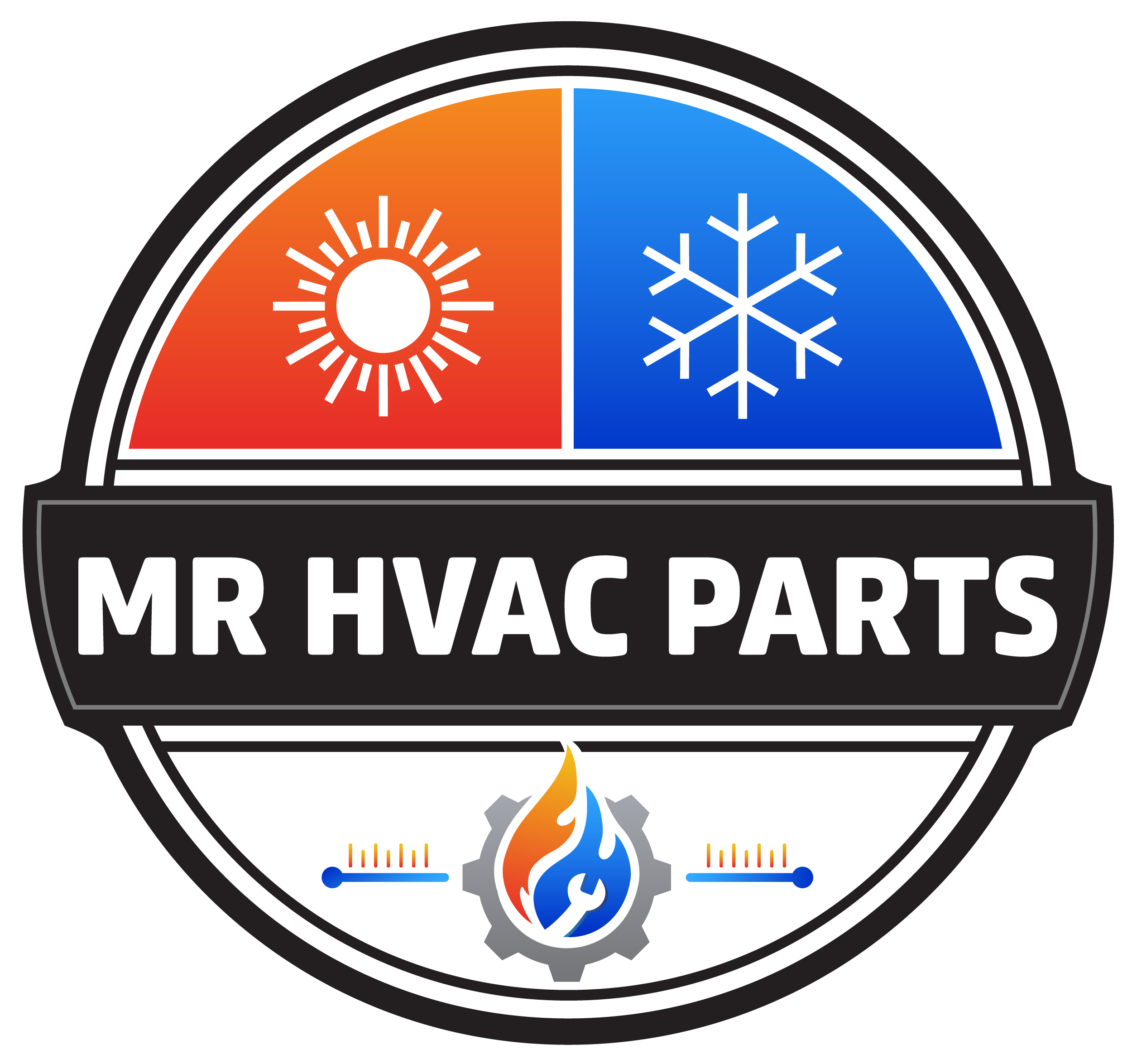Expansion Valves in Washington, DC and the DMV Area: Expert Advice
Expansion valves are critical components in your HVAC system, regulating the flow of refrigerant into the evaporator coil. In the diverse climates of Washington, DC, and the surrounding DMV area, a properly functioning expansion valve is essential for efficient cooling and heating. This guide will cover everything you need to know about expansion valves, including their function, types, common issues, and maintenance tips.
Why Expansion Valves Matter
Expansion valves play a crucial role in the refrigeration cycle of an HVAC system. They adjust the amount of refrigerant released into the evaporator, ensuring efficient heat absorption and release. This process is vital for maintaining optimal temperatures in both residential and commercial spaces throughout the changing seasons in the DMV area.
Benefits of a Well-Maintained Expansion Valve:
Improved System Efficiency: A properly functioning expansion valve ensures that your HVAC system operates at peak efficiency, reducing energy consumption and lowering utility bills.
Consistent Comfort: Accurate refrigerant flow control helps maintain consistent indoor temperatures, enhancing comfort in your home or business.
Extended Equipment Lifespan: By preventing system overloads and maintaining proper refrigerant levels, expansion valves help prolong the life of your HVAC equipment.
Types of Expansion Valves
There are several types of expansion valves used in HVAC systems, each designed to meet specific operational demands. Understanding the different types can help you identify the right valve for your system.
Thermostatic Expansion Valves (TXVs):
Overview: TXVs are the most common type of expansion valve used in HVAC systems. They automatically adjust the flow of refrigerant based on the cooling demand, improving system efficiency and performance.
Best For: Residential and commercial HVAC systems that require precise refrigerant control.
Advantages: Accurate temperature regulation and improved energy efficiency.
Electronic Expansion Valves (EXVs):
Overview: EXVs use electronic controls to regulate the flow of refrigerant. They are typically found in newer, high-efficiency systems and offer excellent precision and control.
Best For: Modern HVAC systems that benefit from advanced control technologies.
Advantages: Optimal efficiency, precise control, and better response to varying thermal loads.
Automatic Expansion Valves (AXVs):
Overview: AXVs maintain a constant superheat at the evaporator outlet by adjusting the flow of refrigerant based on pressure changes. They are simpler and less precise than TXVs or EXVs.
Best For: Smaller or less complex systems where precise control is less critical.
Advantages: Simplicity, reliability, and lower cost.
Capillary Tubes:
Overview: While not technically an expansion valve, capillary tubes perform a similar function in many small appliances and air conditioning systems. These tubes restrict refrigerant flow through a thin, fixed diameter.
Best For: Small, residential or light commercial systems that do not require precise control over refrigerant flow.
Advantages: Low cost and simplicity, with no moving parts.
Common Expansion Valve Issues
Even well-maintained expansion valves can encounter problems that affect HVAC performance. Here are some common issues seen in Washington, DC, and the DMV area:
Sticking or Blockage:
Overview: Dirt, debris, or corrosion can cause an expansion valve to stick or become blocked, affecting its ability to regulate refrigerant flow.
Signs: Insufficient cooling or heating, ice buildup on the evaporator coil, or fluctuating system pressures.
Improper Adjustment:
Overview: Incorrectly adjusted expansion valves can lead to inefficient system operation, either by allowing too much or too little refrigerant to pass through.
Signs: Inconsistent indoor temperatures, higher energy usage, or compressor stress.
Wear and Tear:
Overview: Over time, mechanical components within the valve can wear out, impacting performance and reliability.
Signs: Gradual loss of cooling or heating efficiency, unusual noises, or the need for more frequent system cycling.
Maintaining Your Expansion Valve in the DMV
Regular maintenance and timely repairs are crucial to keeping your expansion valve functioning properly. Here are some tips to help maintain your expansion valve:
Regular System Check-Ups:
Schedule professional HVAC inspections at least once a year to ensure all components, including the expansion valve, are in good working order.
Clean and Clear:
Keep the system clean from dirt and debris that could enter the valve. Regular cleaning of the evaporator coil and associated components can help prevent issues.
Professional Calibration:
Have your expansion valve checked and adjusted by a professional if you notice any signs of trouble or inefficiency.
Where to Find Expansion Valve Services in Washington, DC, and the DMV
Need help with your expansion valve or other HVAC components? There are many qualified professionals in the DMV area ready to assist. Contact us today for service recommendations or to schedule a maintenance check-up.
Expansion valves are key to the efficient operation of your HVAC system, especially in the variable climates of Washington, DC, and the surrounding areas. By understanding different types of valves, recognizing common issues, and maintaining your system regularly, you can ensure that your HVAC setup continues to provide reliable comfort and efficiency year-round.
Stay proactive about your HVAC maintenance, and don’t hesitate to reach out for professional help when needed to keep your system in top condition.


